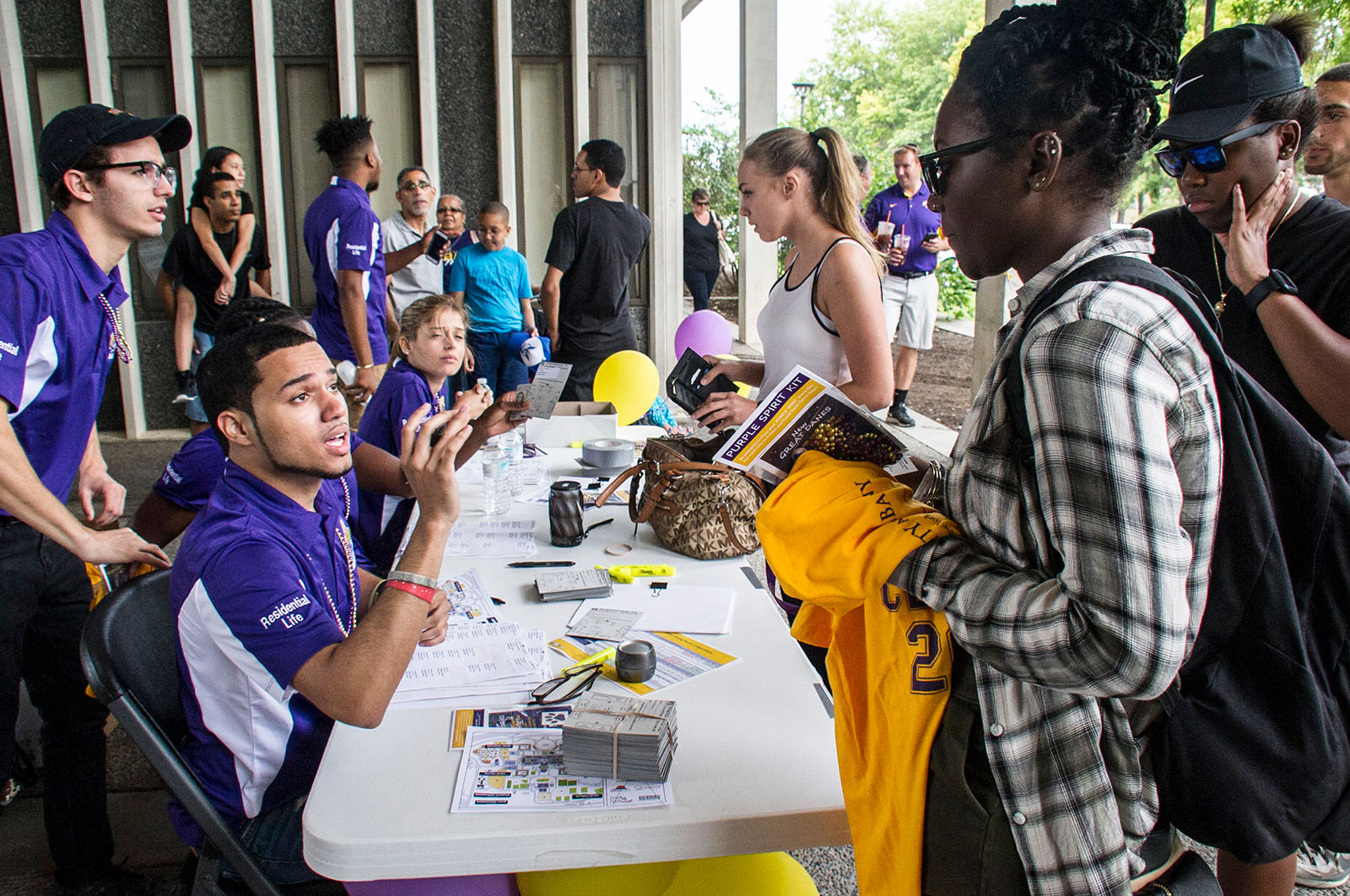Learning objectives that UAlbany students are expected to attain through their course of study within their academic program.
Bachelor of Science
- Students will master Newton's Laws
-
Students will master basics of electricity and magnetism (Coulomb's Law, analysis of DC circuits, induction)
-
Students will master advanced mechanics (Lagrangian and Hamiltonian formulations)
-
Students will master the fundamentals of thermodynamics and statistical physics (thermodynamic potentials, statistical ensembles, classical and quantum gases)
-
Students will master the fundamental concepts of quantum mechanics (Schrodinger equation and its applications to atomic physics)
-
Students will understand the fundamental nature of measurement in the scientific method, and the role of experimental uncertainty in comparing theory to experiment
-
Students will master writing clear and complete reports for laboratory measurements








